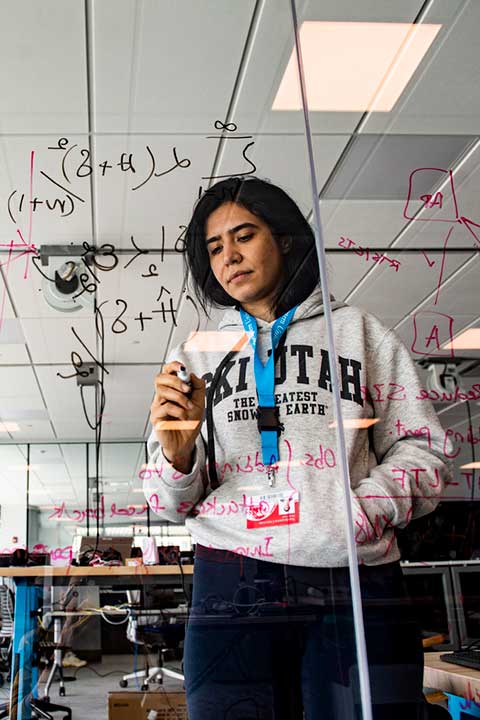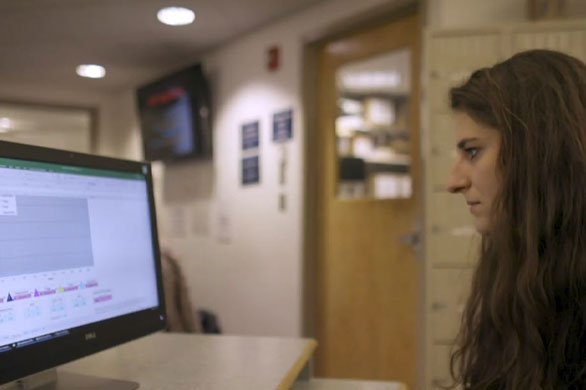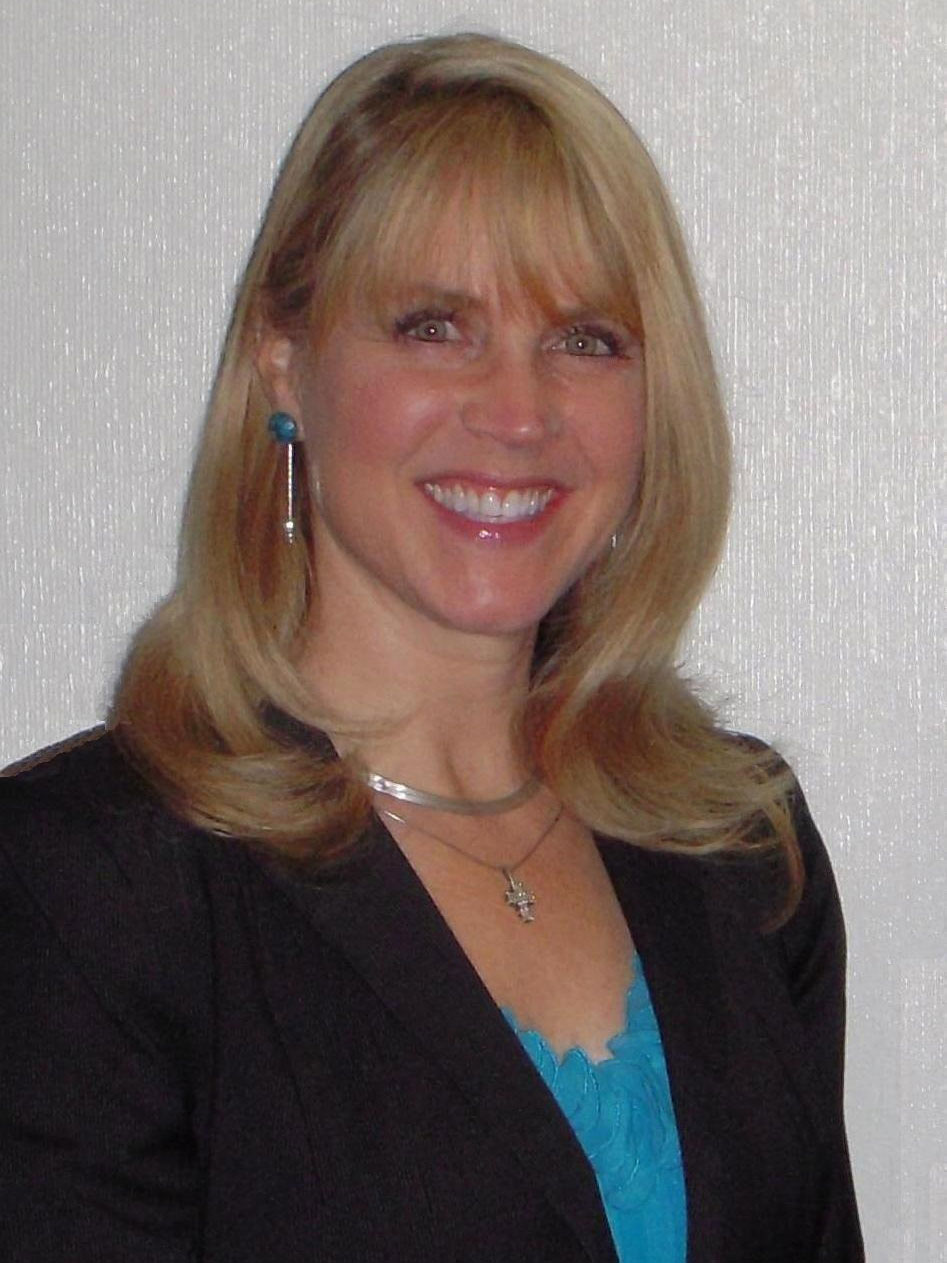
Bachelor of Science in Industrial Engineering
Bachelor of Science in Industrial Engineering
Overview
Industrial engineering involves the design and analysis of systems that include people, equipment, and materials and their interactions and performance in the workplace. An industrial engineer collects this information and evaluates alternatives to make decisions that best advance the goals of the enterprise.
Innovative Curriculum
The program in industrial engineering offers students a base of traditional engineering courses, such as work design, human-machine systems, probability, statistics, and engineering economy, while emphasizing such contemporary areas as simulation modeling, engineering database systems, quality assurance, logistics and supply chain management, operations research, and facilities planning. Students integrate the knowledge acquired in these courses in a two-semester capstone design project.
Industrial engineers work in manufacturing firms, hospitals, banks, public utilities, transportation, government agencies, insurance companies, and construction firms. Among the projects they undertake are design and implementation of a computer-integrated supply chain or manufacturing system; facilities planning for a variety of industries; design of a robotics system in a manufacturing environment; long-range corporate planning; development and implementation of a quality-control system; simulation analyses to improve processes and make operational decisions; design of healthcare operations to enhance patient safety; and improve efficiency, productivity, and development of computer systems for information control.
Students have the option of selecting from several minors to complement their degree and personalize their path. Students can select from minors in the department, in other engineering departments, or from across the university.
The Accelerated Master’s Degree PlusOne program allows current undergraduate students to accelerate the attainment of the master’s degree by applying graduate credits taken as an undergraduate toward both the undergraduate and graduate degrees. Current students apply to enroll in the PlusOne program. Students attain their bachelor’s degree followed by a PlusOne year to complete the master’s degree.
Students currently earning a BS in Industrial Engineering can select from the below MS degree PlusOne pathways.
The Bachelor of Science Program in Industrial Engineering is accredited by the Engineering Accreditation Commission of ABET, www.abet.org.
Experiential Learning
Experiential learning is the heart of a Northeastern education, combining rigorous coursework with hands-on experience in the classroom, in the lab, and in the field—locally and abroad. With our signature cooperative education (co-op) program, students typically gain six months of work experience integrated as part of the educational program. Both five-year, three-co-op and four-year, two-co-op program options are available.
Co-op jobs generally increase in level of responsibility as students gain theoretical and technical knowledge through their academic work. A sophomore might begin as a computer/data analyst evaluating the performance of a manufacturing system and progress to designing manufacturing engineering workstations by the senior year. There are a variety of co-op employment opportunities ranging from small local firms, to consulting firms, large global companies as well as hospitals and healthcare facilities, and government and banking offices.
Faculty Advising
For support with questions about career opportunities in industrial engineering and in selecting technical electives, contact a faculty advisor in your area of interest.
| IE Area | IE Faculty Advisor |
| Data Analytics | Sagar Kamarthi |
| Healthcare Systems | Jacqueline Griffin |
| Human Factors | Beverly Kris Jaeger-Helton |
| Logistics & Supply Chain Management | Mehdi Behroozi |
| Manufacturing | Xiaoning “Sarah” Jin |
| Operations Research | Kayse Lee Maass |
| Process Improvement (Lean & Six Sigma) | Hugh McManus |
| Quality Assurance and Reliability | Dayna Martinez |
| Systems Engineering | Babak Heydari |
Academic Advising
For support with academic questions, contact the academic advisor assigned to this program.
Admissions & Aid
Ready to take the next step? Review Degree Requirements to see courses needed to complete this degree. Then, explore ways to pay for your education. Finally, review Admissions Information to see our deadlines and gather the materials you need to Apply.
Student News
Professional Licensure: If looking for information on obtaining Professional Licensure, visit the Professional Licensure Disclosure Page or contact the Associate Dean for Undergraduate Education, Susan Freeman, at s.freeman@northeastern.edu.





